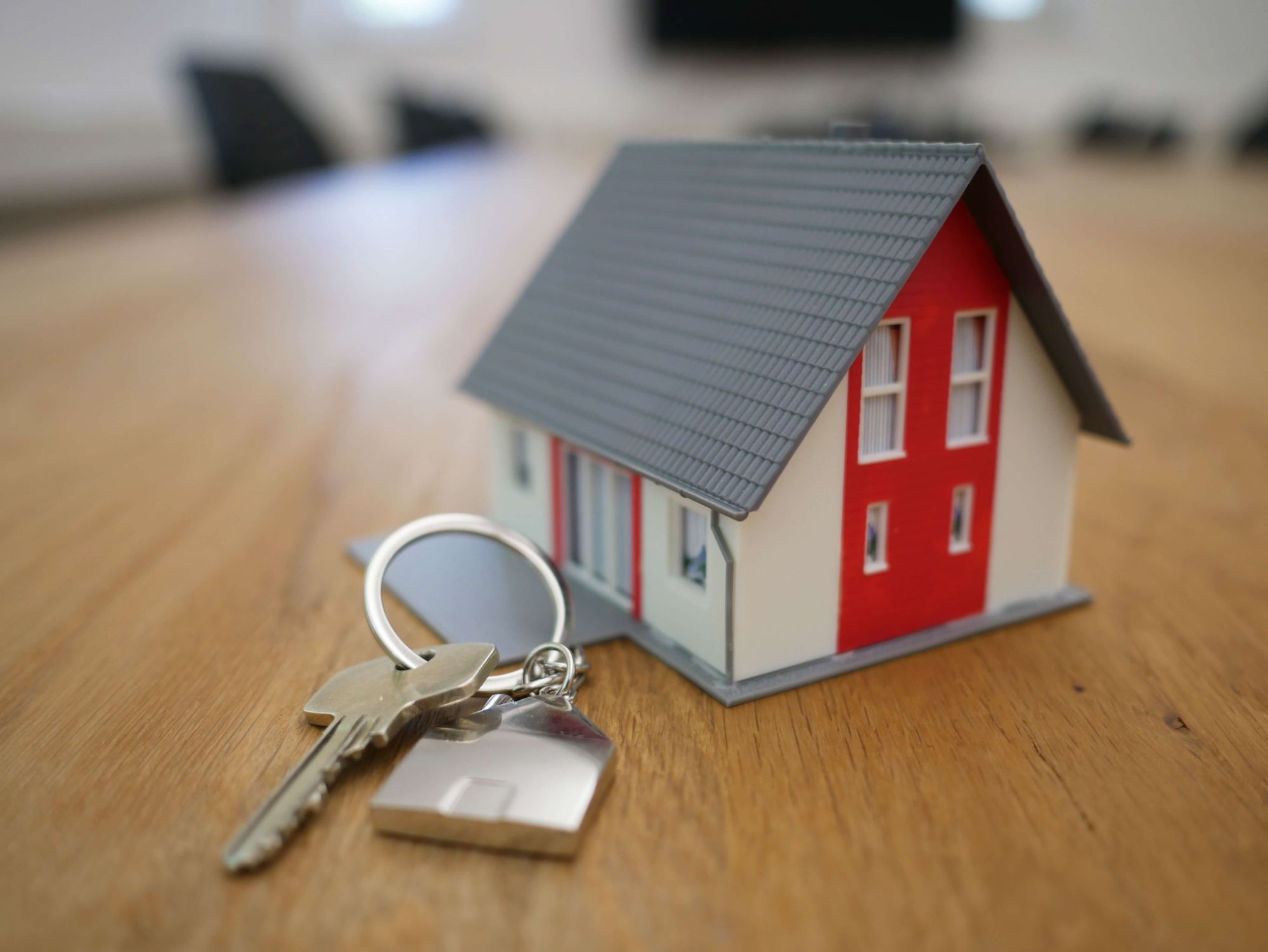Costs to buying a house

Looking forward for getting home at affordable rates, there are decent housing loans along with lower mortgage prices, etc. But, many other things which are involved in this complex process of acquiring a house have to be taken into consideration. All such additional costs raise the property's original price, and also the buyer ends up shelling out much more cash than scheduled.
• Several times buyers leap into some kind of price which includes only the starting price quoted by a developer or seller without considering multiple hidden house charges such as stamp duty, registration fees, maintenance payment, brokerage, parking fees, interiors, excise duty, and local favourable fees.
Loan fee
To begin with, when you go for a loan, there is a mortgage origination fee. This you have to pay to the lender to do the job of making the mortgage.
• As this fee can be big and must be paid to your lender in advance, you must use this origination fee into your total cost computations.
• While the exact money you pay may vary depending on the amount of your home loan and the lender with which you are working with, you can expect to be paid between 5% and 1% from your mortgage's total amount to cover this payment.
Closing costs
Taking into consideration the down payment with a $200,000 mortgage, you’ll land up with a cost between $4,000 and $6,000.
• Closing costs differ from place to place. This could be as the transfer tax changes in real estate from one state to another, or mortgage “stamps”. The variation could be because of the various rates being charged for attorneys, appraisals, and title insurance.
It also varies from lender to lender, and also from one loan to another. Like it can be understood that lenders charge a different application fee.
Cash Reserves
This acts as a surprise for the home buyers. It is not known as a closing expense, but this ensures the lenders that there is enough cash left in savings once all the costs are being paid.
• In order to avoid the closing broke the lender has a cash reserve. This basically ensures the borrower that he will be able to do the payment in the starting few months.
• The most standard cash reserve requirement is 2 months. This states that you have sufficient reserves to cover the first 2months of loan bills. So if your interest, principal, insurance (PITI) and taxes come to be $1,500 /month, then the reserve requirement could be $3,000.
• Those aren't funds that need to be deposited with the lender. Although the lender needs to be able to verify that you’ll have the funds in a liquid source.
These consist of bank account, money market fund or financial savings account—after finishing everything on the property. Normally speaking, they frown on the usage of retirement property for this purpose, when you consider that those funds will not be easily liquidated.
Insurance fees
One of the frequently overlooked homeownership fees takes the form of insurance premiums. Renters insurance is indeed a relatively inexpensive type of reporting that, depends on where you live.
• However, if you buy a home, you log up for several current insurance criteria. You will purchase loads of different healthcare types including liability insurance, homeowners ' medical coverage and (potentially) extra flood insurance.
• All of them are expensive to break the bank, however, in the longer term they may stack up. Homeowners ' insurance can cost you further than $1,000 a year, although it may be more dependent on the degree in your coverage and also where you buy your house.
• As stated above, if you live in such a flood but rather natural catastrophe-prone area, you might need to bolt for supplemental insurance coverage.
You must notify an independent insurance organization to discover out that you need this additional insurance predicated on where you live of flooding but also natural catastrophes.
• Homeowners & hazard insurance
Such two types of healthcare, like taxes, differ from state to region. The insurance premium for homeowners can range from $500 to $2,000 per year. The factors in your region, including floods or even earthquakes, would also assess the risk cost of insurance. If you go for auto or health insurance policies, you may normally keep your prices lower.
Private mortgage insurance
You will have to charge homeowner's insurance if you render a down payment with less than 20 percent, and can be up to 2 percent of the yearly amount of the loan. In case you default on the mortgage, PMI protects the lender.
• First-time homebuyers charge PMI; payment is made every month, lumped in along with your mortgage payment, before the remaining primary balance on a mortgage drops below 80% of home value.
• The lender will straight away cancel your PMI payments in case you owe 78% of principal or below that, but till then the extra cost will add to your monthly budget.
Utilities
This usually frightens first-time homebuyers, particularly those moving of third-family homes from buildings.
• Depends on the size of a home, services can be $200 or more every month. Heating or cooling a larger home requires a lot more energy, and about you'll probably have to keep picking up the water and garbage bill.
• Ask your supervisor to calculate the monthly rental costs of the property until you purchase to ensure that you are still inside your expenditure.
So, before taking a home you have to check for these factors which are involved in cost and can increase the cost when buying the home. Buying a home and running a household is a severe financial effort. Carefully consider its one-time costs and ongoing yearly maintenance until heading to the end of the loan sake of your financial viability.
